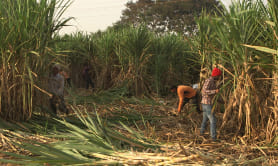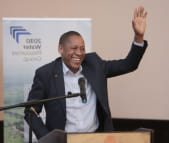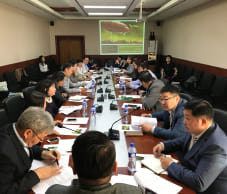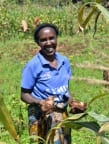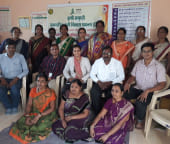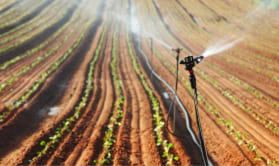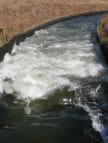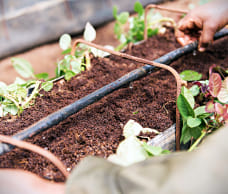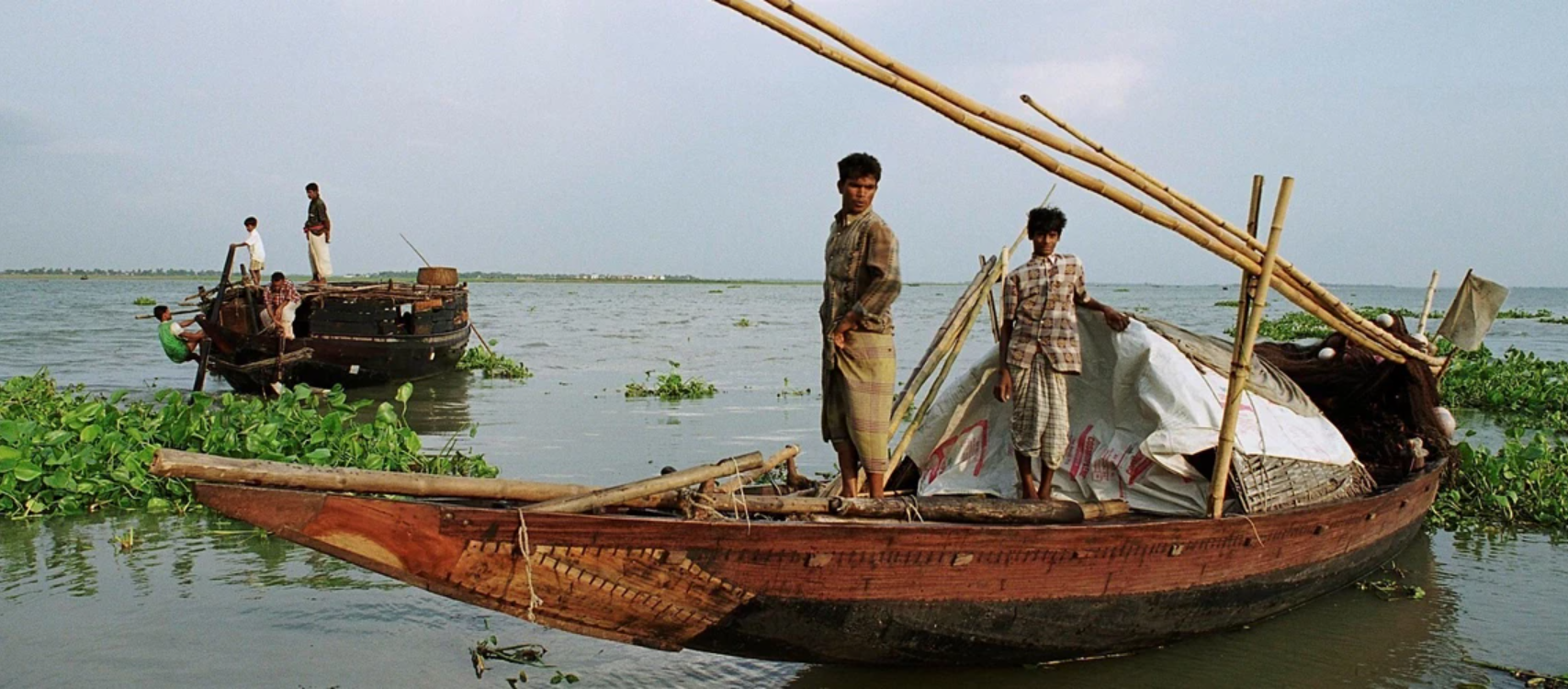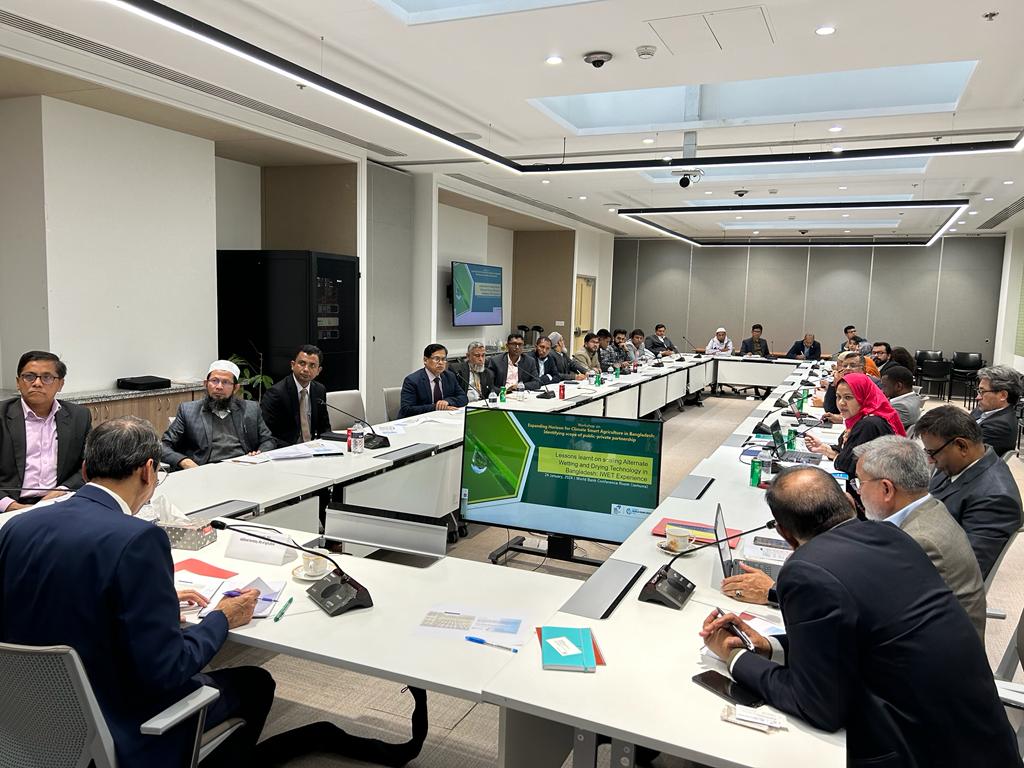2030 WRG: Collective Action on Water Security
for People, Environment, and Economy
The 2030 Water Resources Group (2030 WRG) is a public, private, civil society multi-donor trust fund hosted by the World Bank Group. We support stakeholders in collective decision-making, and in co-designing out-of-the-box solutions that promote strong socio-economic development across all sectors connected to water.
Our Impact in Numbers (Cumulative)
1,009 partners (334 public, 350 private, 325 civil society / other)
14 countries/states across the globe
USD 993 million in financing facilitated for water-related programs

Who we are
The 2030 Water Resources Group (2030 WRG) is a unique public, private, civil society partnership. It is hosted by the World Bank Group. With more than 1,000 partners around the world, our platforms help to drive systemic change and advance transformative leadership of institutions.
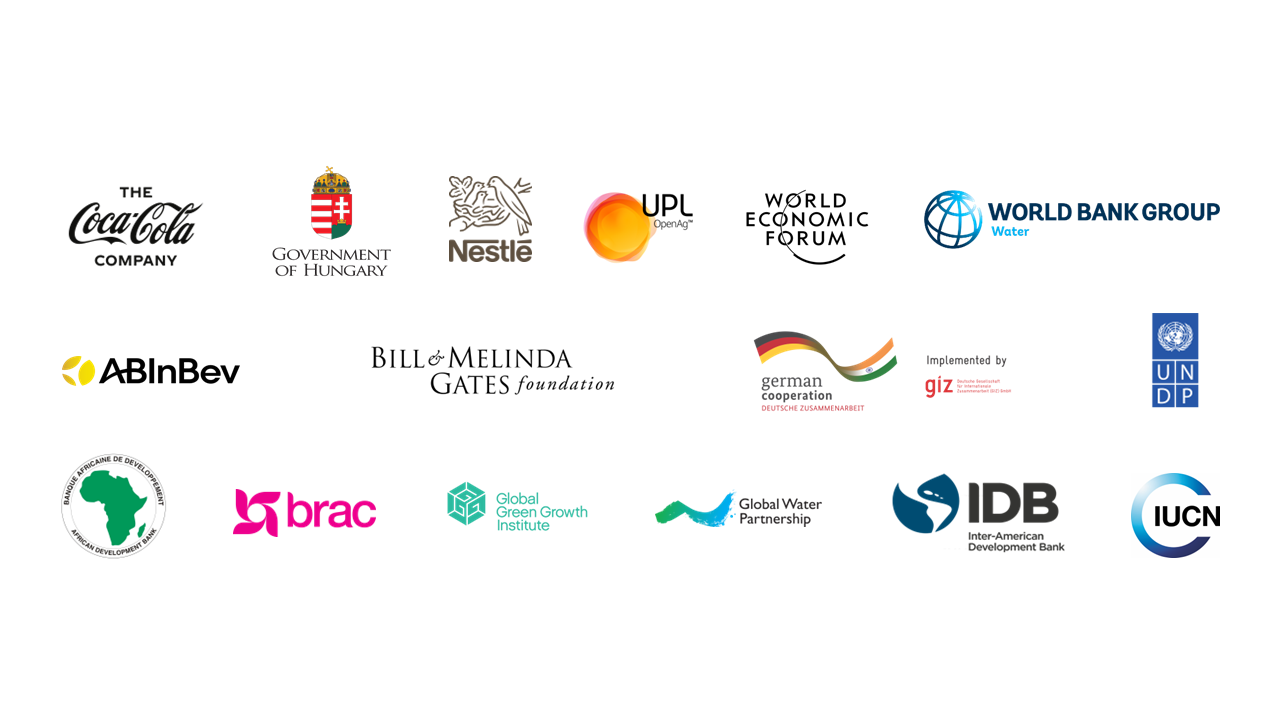
Where we work
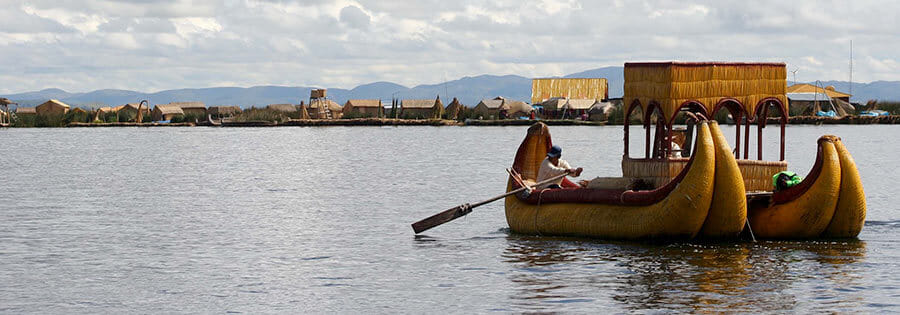

Peru
Programs in Peru


São Paulo, Brazil


Mongolia
Programs in Mongolia


Bangladesh
Programs in Bangladesh
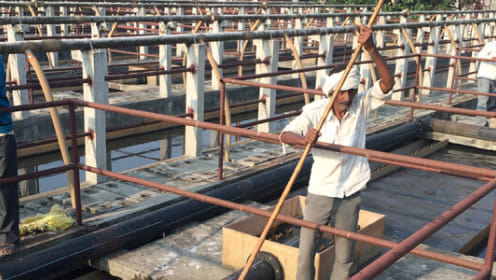

India
Programs in India


Ethiopia
Programs in Ethiopia
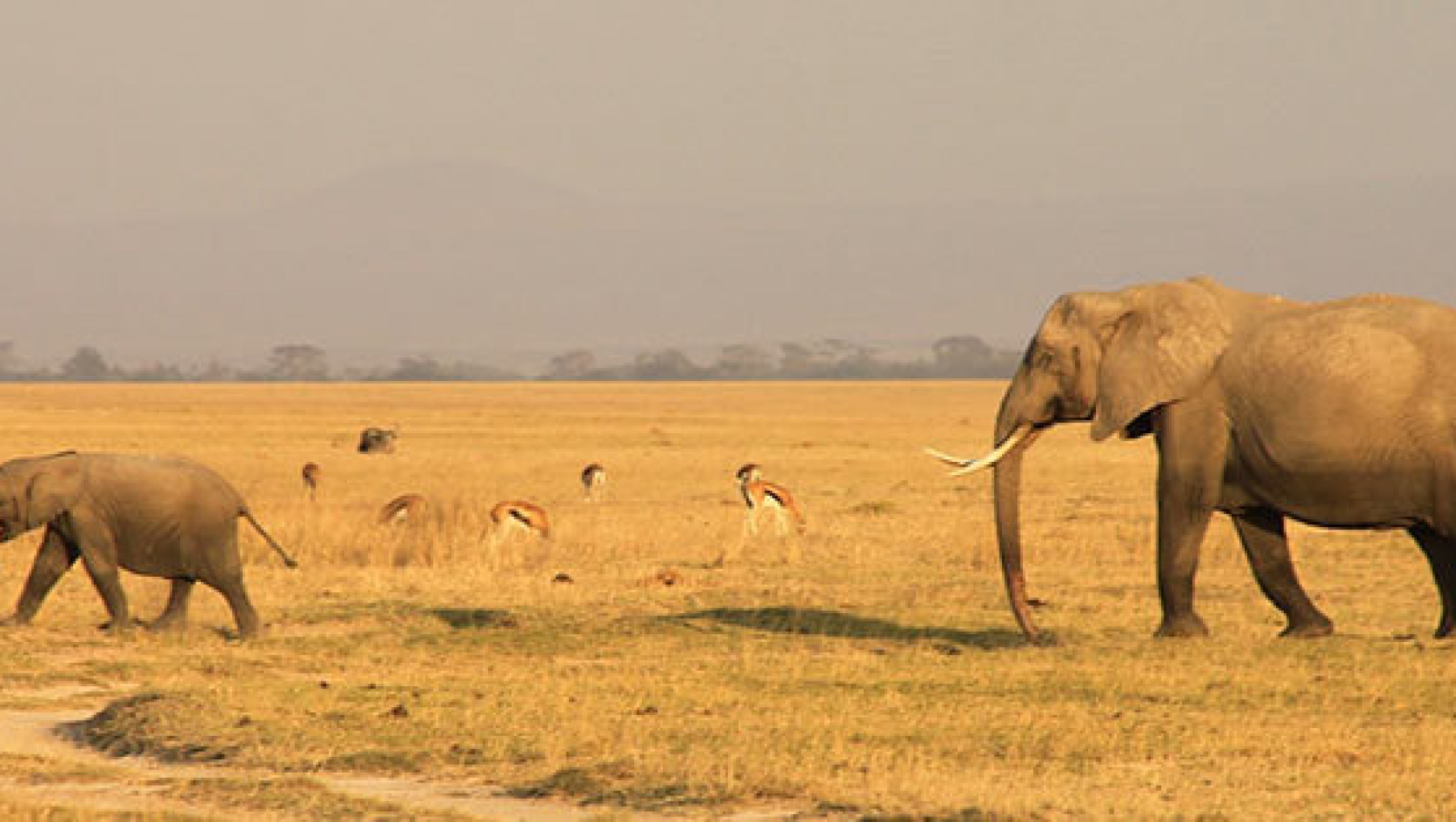

Kenya
Programs in Kenya


Tanzania
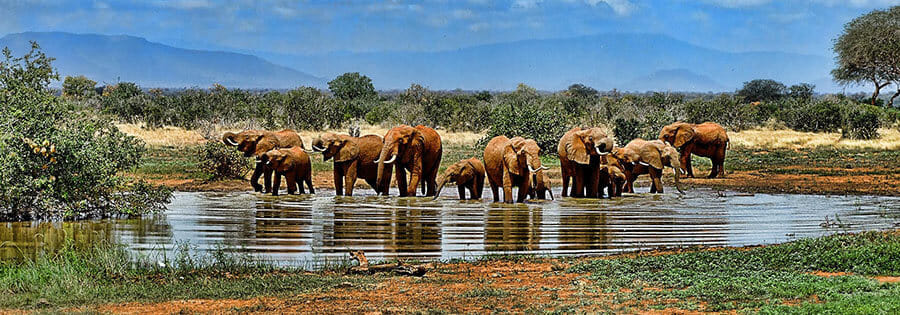

South Africa
Programs in South Africa


Vietnam
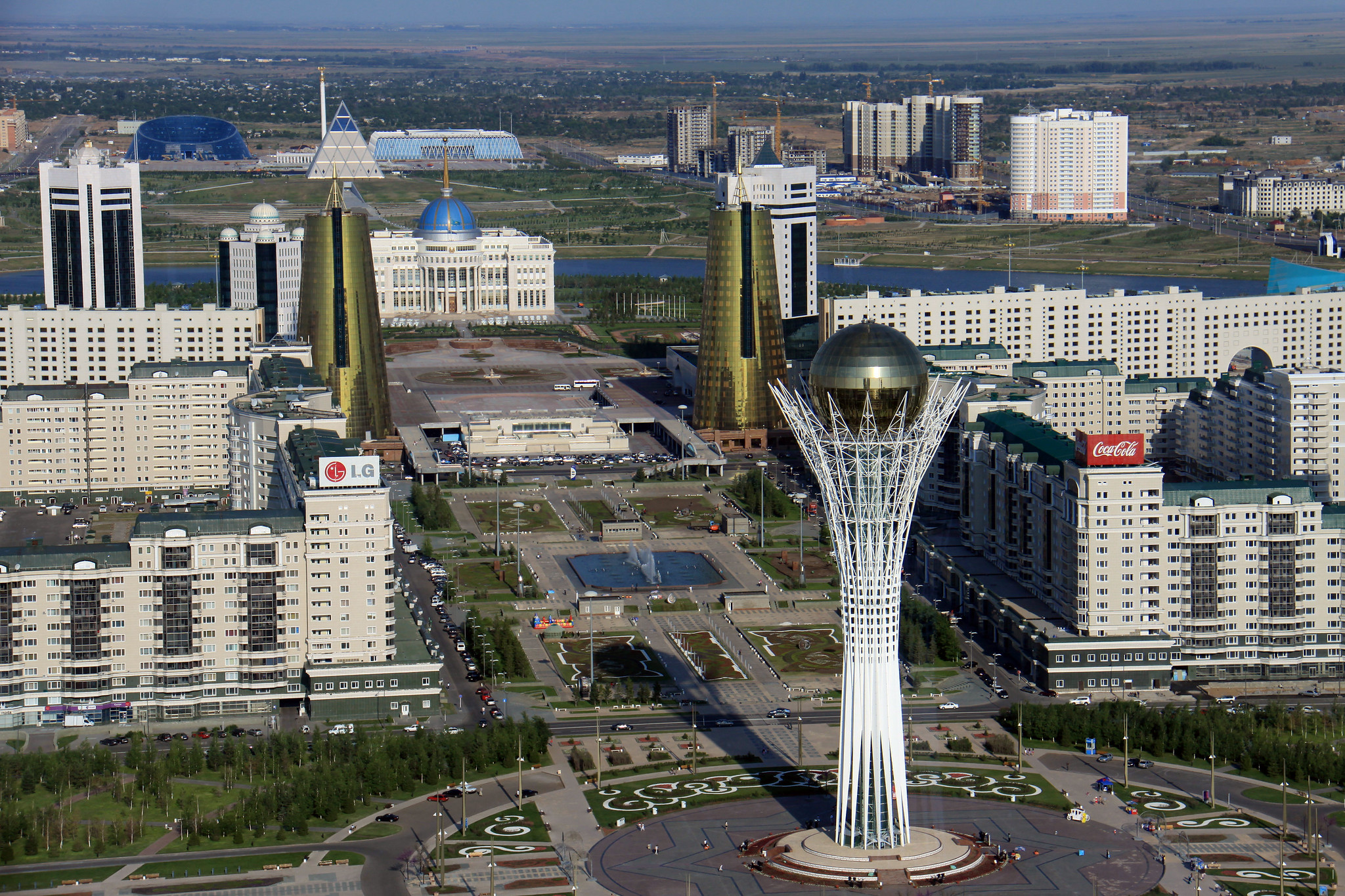

Kazakhstan
Programs in Kazakhstan
Get the latest
Subscribe to our newsletter to be the first to receive news and our current resources

